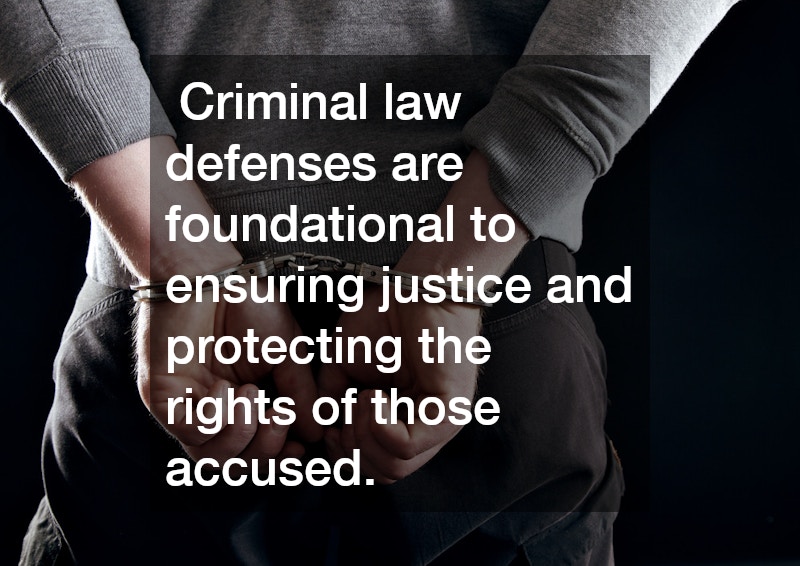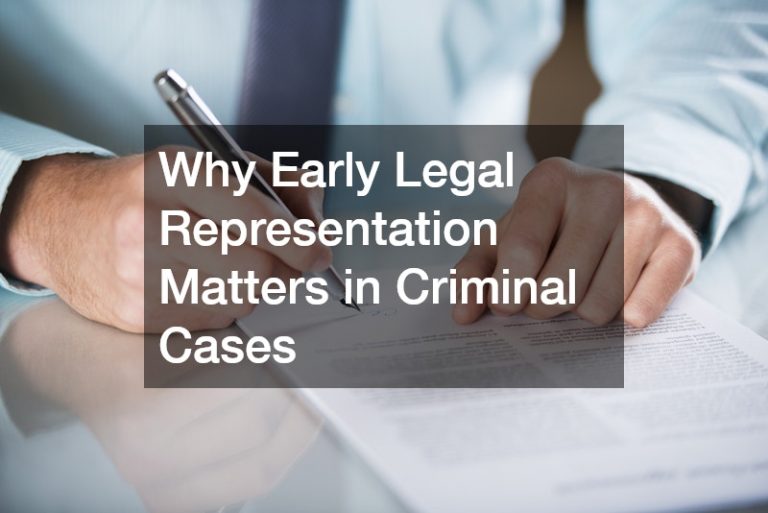
This article explores the top criminal law defenses that are most frequently employed in legal proceedings. Understanding these defenses can provide essential insights into how the legal system works and what options are available to individuals accused of a crime.
What is a Criminal Law Defense?
Definition and Purpose
A criminal law defense is a strategic argument that aims to challenge the validity and sufficiency of the prosecution’s evidence. Its primary objective is to ensure a fair trial and to protect the rights of the accused within the legal framework.
These defenses function within the judicial system to balance the scales of justice, providing mechanisms for defendants to present their case. By understanding these defenses, individuals can better navigate the complexities of legal proceedings.
The importance of these defenses is both practical and constitutional, ensuring that no individual is wrongfully convicted without due process. This underscores the necessity of knowing one’s rights and the available legal tools in criminal defense.
Common Misconceptions
One of the prevalent misconceptions is that criminal law defenses are only for the guilty, which is not the case. Defenses exist to offer a fair hearing even when the evidence is disputable or incomplete.
Another myth is that defenses like the insanity plea are used frequently and with ease. In reality, defenses such as these require significant proof and are subject to strict legal scrutiny.
Clarifying these misconceptions helps in understanding that criminal law defenses are essential legal rights for all, not just procedural tactics. Misunderstanding these defenses can lead to misjudgments about their purpose and efficacy.
What Are Some Common Criminal Law Defenses Used in Court?
Self-Defense
Self-defense is a common legal strategy invoked when the accused argues that their actions were necessary to protect themselves from imminent harm. The criteria often include demonstrating that the force used was reasonable and proportionate to the threat faced.
This defense is grounded in the principle that individuals have the right to protect their well-being from unlawful aggression. Notably, cases such as the landmark ruling on self-defense emphasize the need for provable and justifiable circumstances.
Self-defense also relies heavily on evidence such as witness testimonies and physical proof to substantiate the claim of imminent threat. Without such evidence, demonstrating self-defense can be particularly challenging in a court of law.
Insanity Defense
The insanity defense requires the accused to provide evidence of a severe mental disorder affecting their perception of right and wrong at the time of the crime. This defense is challenging, as it must be proven beyond a reasonable doubt through expert testimony.
In notable historical cases, the insanity defense has led to complex legal outcomes, often involving psychiatric evaluations and lengthy judicial deliberations. These cases underline the complexities of using such a defense effectively.
The use of the insanity defense often hinges on convincing the court of the accused’s lack of intent due to mental instability. Despite its rarity, it remains a critical aspect of criminal law defenses, highlighting the intersection of mental health and the legal system.
How Can One Choose the Right Defense Strategy?
Factors to Consider
Choosing the right defense strategy involves analyzing factors like the nature and severity of the crime, as well as the available evidence. Each case is unique and demands a tailored approach that considers these specific elements.
Expert opinions, such as those from legal scholars or criminal defense attorneys, can provide valuable insights into the most effective defense. The choice of strategy can often be the defining factor in the outcome of a trial.
Considering these factors allows defendants to build a robust defense that aligns with both legal norms and the specifics of their situation. This process is fundamental in ensuring fair and just legal proceedings.
Consulting with Legal Experts
Consulting with legal experts is crucial in crafting an effective defense strategy that aligns with legal standards and the particulars of the case. Experienced criminal defense attorneys can offer insights that are invaluable to building a strong defense.
Legal experts can assist in navigating the complexities of the judicial system, ensuring that defenses are both legally sound and applicable to the circumstances. Their role is critical in advocating for the rights of the accused in court proceedings.
Engaging with legal professionals not only enhances the chances of a favorable outcome but also provides a comprehensive understanding of the options available. Collaboration with experts is indispensable in the pursuit of justice for the accused.
The article concludes by summarizing that understanding common criminal law defenses is essential for navigating the legal system. Each defense has its unique applications, and their successful use depends on numerous factors and the guidance of legal experts.
Emphasizing the importance of these strategies ensures that individuals are well-informed when facing legal challenges. This knowledge empowers defendants to effectively utilize their legal rights and participate actively in their defense.
Ultimately, criminal law defenses are foundational to ensuring justice and protecting the rights of those accused, highlighting the critical nature of legal proficiency and informed decision-making in legal proceedings.



